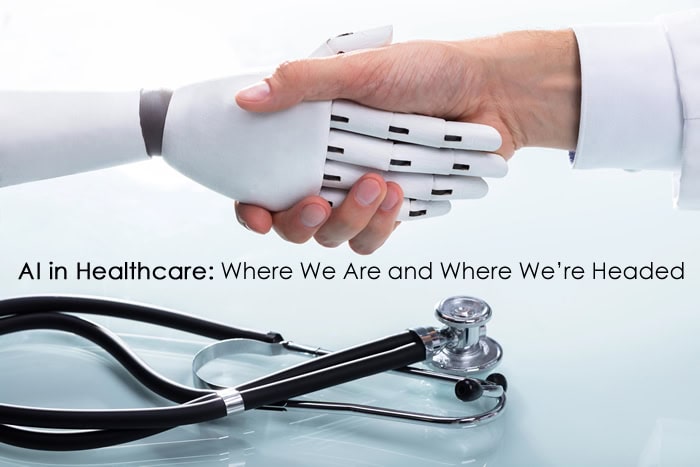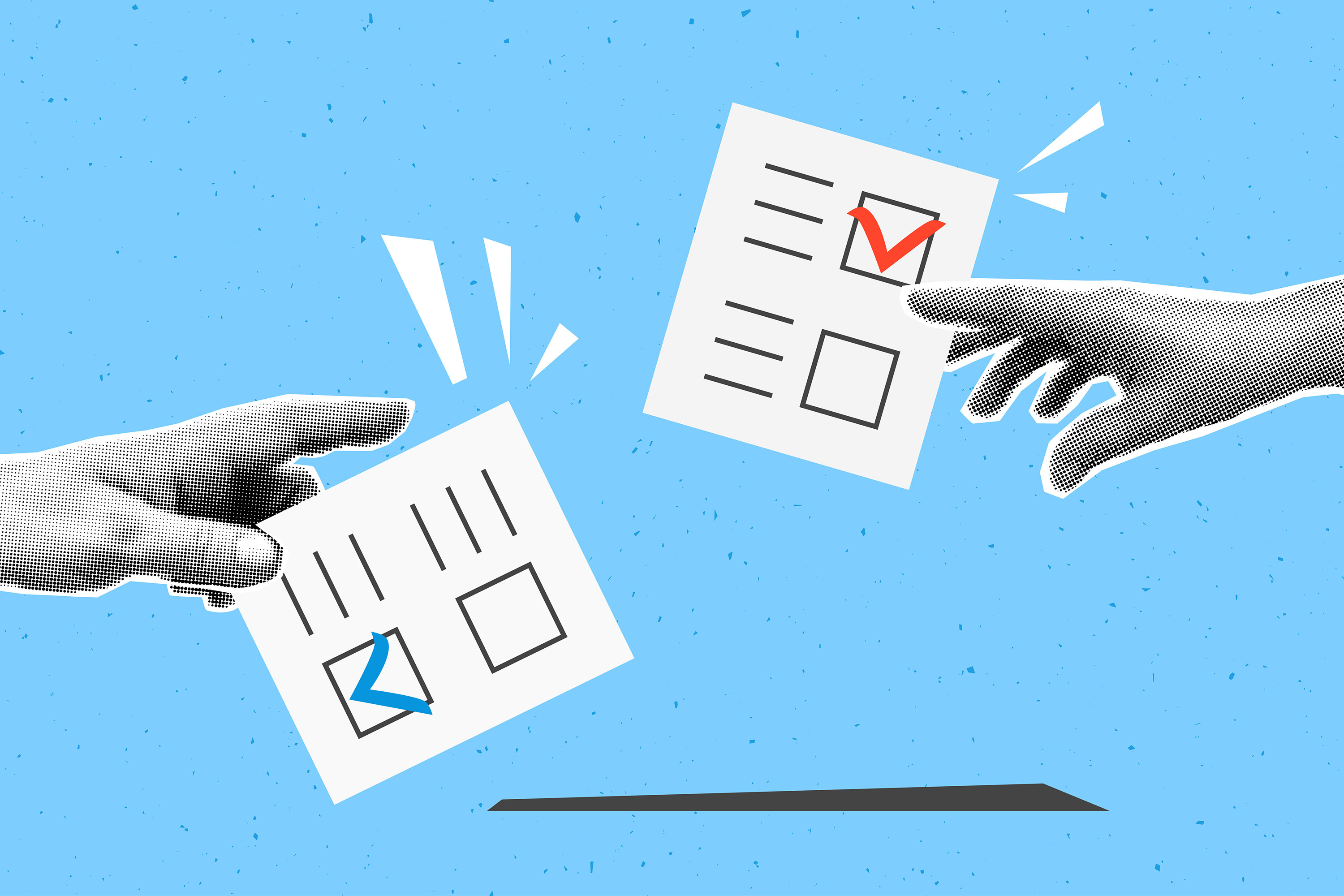Find out some current and future uses for AI in healthcare, how patients use AI for improved health, as well as some concerns surrounding its use.
Although the concept of artificial intelligence—or AI as it is more commonly known—feels new, it has actually been around since the 1950s. (1) It started with the idea of creating more intelligent machines, often computers. It has since expanded into the healthcare field where it is making impacts today as well as offering excitement about what may lie ahead.
Research reveals that AI technology currently helps doctors diagnose patients and create customized treatment plans, even enabling healthcare professionals to predict the spread of disease. (2) This provides benefits to both individual patients and the public as a whole.
The U.S. Food and Drug Administration (FDA) has authorized the use of many medical devices that use AI or machine learning in some form, including: (3)
- Tools that use algorithms to identify the risk of major medical issues
- Devices that assist with diagnostic imaging to identify diseases and injuries
- Machines or robots that assist during surgeries and dental procedures
- AI devices to aid in preventive care, such as those used in mammography or lung screenings
Patients Use AI for Improved Health Too
It isn’t only medical professionals who use AI to promote health; patients are using these tools too. Do you wear a smartwatch that tracks your heart rate or have a home device that tells you how much insulin you need?

These types of technology often use machine learning to better understand your daily patterns, then provide personalized information or guidance based on your situation and current health status. (4)
The use of AI helps patients become more engaged in their own health care. Individuals are also able to notice changes in their health more quickly as these devices are able to pick up on upward and downward trends that may signal an issue or show improvement in one’s health status.
Concerns Surrounding AI Use
Despite AI’s ability to help us improve our health, it doesn’t come without concerns. Some of the top issues surrounding this technology involve those related to privacy, whether the information provided is biased or accurate, and a lack of regulation on its use. (5) These present legal and ethical challenges that, for some, are difficult to overcome.
In an attempt to deal with these issues, the White House has drafted a Blueprint for an AI Bill of Rights. This document outlines five principles intended to help guide the design and usage of AI technology, which are: (6)
- To create safe and effective systems
- To protect people against algorithm discrimination or inequities
- To secure data, keeping it private and enabling participants to decide how the data is used
- To provide individuals notice of when AI is used and what this usage entails
- To give people the ability to opt out of AI usage, also providing them access to someone who can remedy any AI-related issues
The Future of AI in Healthcare
While AI has grown leaps and bounds in the last few decades, and despite its concerns, many are excited about its future. For example, the Mayo Clinic shares hope that future AI technology will:
- be able to help better match patients with the best clinical trials for them,
- aid in the development of more at-home health monitoring devices,
- and provide patients with more advanced notice of potential disease risk. (7)
Other organizations are also doing their part to ensure that, when used in healthcare, AI technology and devices follow basic legal and ethical guidelines. The American Medical Association is one such organization that provides guidance to physicians when incorporating AI tools into their administrative or clinical processes. (8)
As AI continues to advance and evolve, certainly it will present us with even more uses in healthcare but also more challenges to overcome. In either case, it will be interesting to see where artificial intelligence leads us and how it can help us provide more personalized care and treatment solutions.
While no technology or device is perfect, the more tools we have accessible to us, the greater our ability to look after our health—both today and tomorrow. That makes AI a good thing as long as it is used ethically, legally, and for the good of our health as individuals, communities, and the world as a whole.












![Healthy No-Bake Mint Chocolate Truffles [high protein + no added sugar]](https://healthyhelperkaila.com/wp-content/uploads/2024/08/IMG_1902-e1724891697681.png)








 English (US) ·
English (US) ·